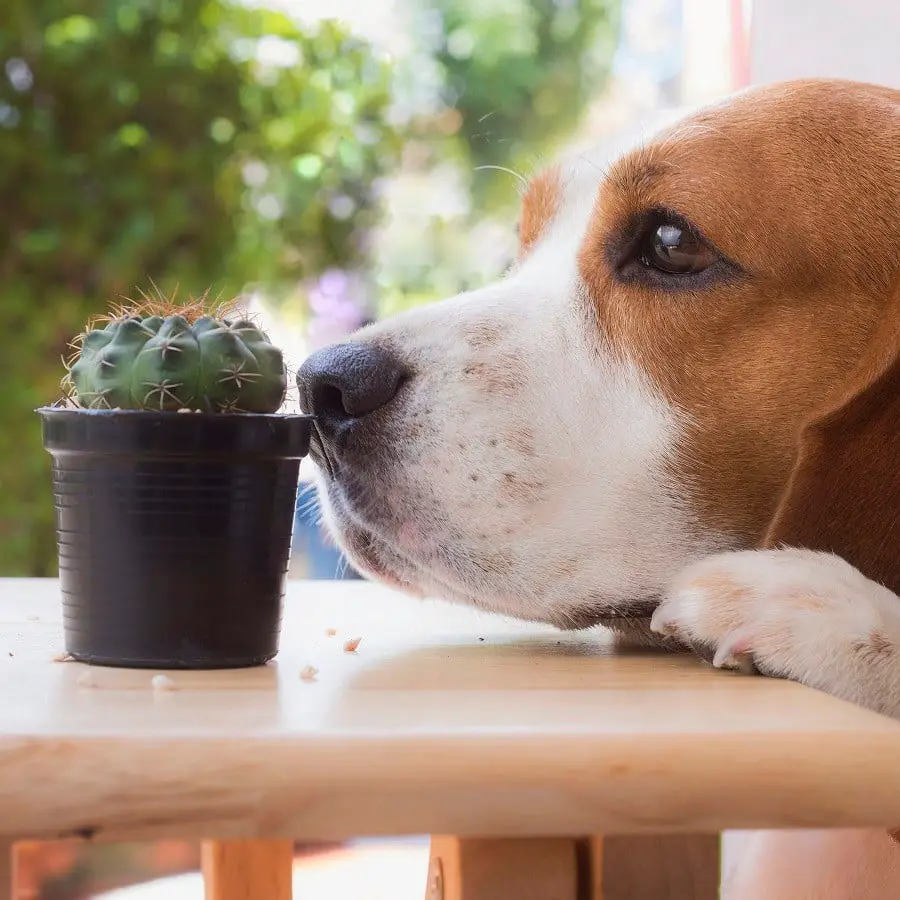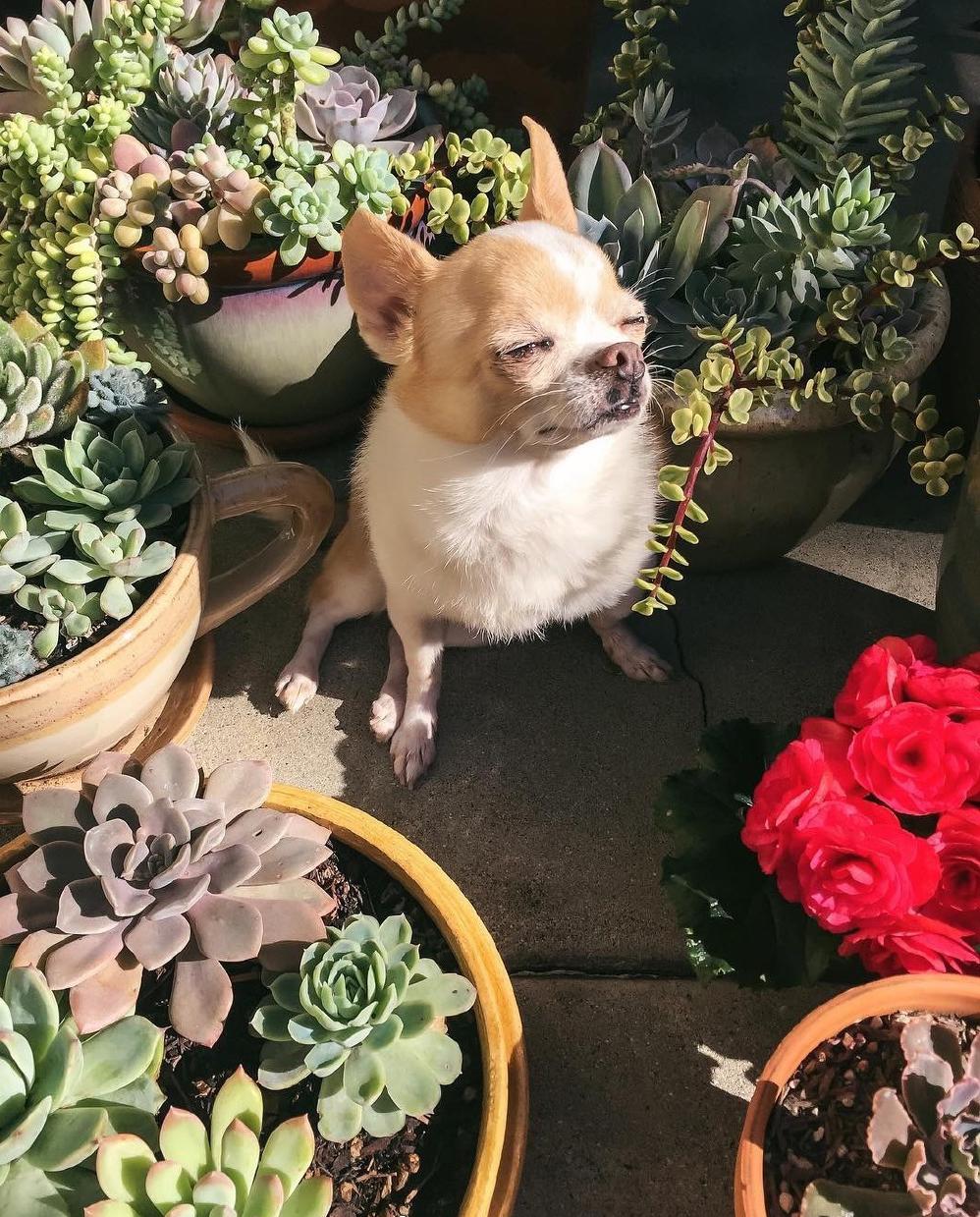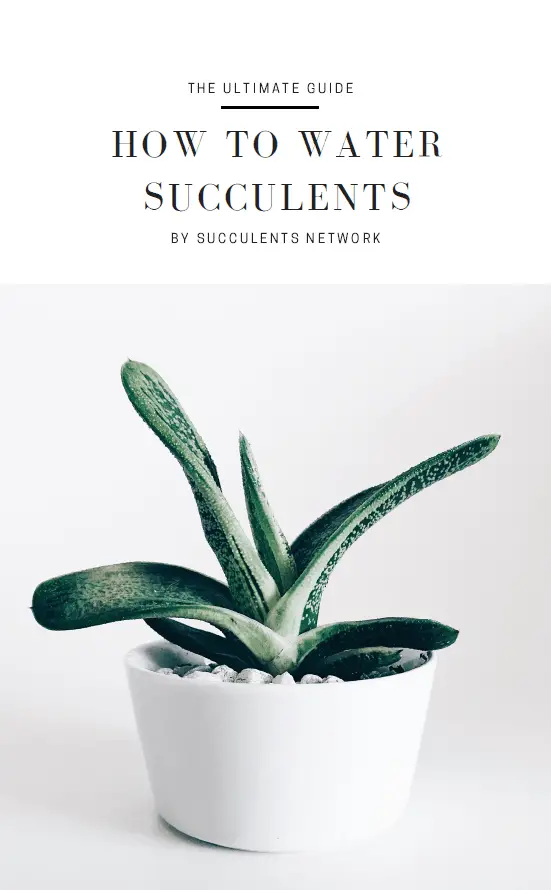Cactus are not poisonous to dogs if consumed. However, the sharp spines of the cactus can harm the dog if it is satisfying its curiosity and playing with the cactus.
You’re looking to decorate your home but, like any good animal-owner, you want to know: are cactuses poisonous to dogs? The last thing you want is to bring home a plant only to discover the harmful effects it can have on your dog. It is important to do your research before buying plants. Certain plants can contain chemicals that may make your furry bundle of joy sick. Dogs love to sniff and eat things they find, it’s just in their nature. Finding the right cactus and informing yourself of the side effects will keep your dog safe.

Picture via vettedpetcare
Will My Dog Eat a Cactus?
A dog learns by exploring the world with their nose and mouth. Anything you bring into your home will be fair game for your best friend. Part of determining whether or not cacti are poisonous to dogs is the realization that your dog will likely try to eat your plant. It’s not their fault, you brought home a cactus and now they must taste is. You want to make sure that taking a bite out of your new plant will not hurt your beloved sidekick. Dogs are omnivores and they will likely try to eat a cactus. Dogs are natural scavengers and will eat whatever they can come across to keep from starving. Even when they are fed proper meals. Yes, your dog will probably try to eat your cactus. But are cactuses poisonous to dogs?
Are Cactuses Poisonous to Dogs?
No. Most cactuses will not poison your dog. However, if your dog does eat a plant, they may become sick. While the plants are not poisonous to dogs, they do contain fibrous plant materials. It is this plant material that may irritate the stomach. This irritation can lead to vomiting and diarrhea.
When you get a cactus, you must also consider what fertilizers and pesticides you are using. Caring for your plant is important but these products do have chemicals that can be a danger to dogs. Like humans, dogs can have allergies. This means that they may have an adverse reaction to the sap within your cactus. The spines on your cactus can also be harmful to your pet. While most cacti are not poisonous to your dog, there are still a few members of the broader succulent family that can be toxic.
If your cactus is dying, don’t worry. Learn how to save your dying cactus with our guide here.

Picture via Reddit
What Plants Are Toxic To Dogs?
Cacti are a family of plant within the plant group known as a succulent. Walking through a store, you may not know the difference. Both, are plants that store water which makes all cacti part of the succulent species. When you go to purchase a cactus it may be helpful to ask a store associate if there are cactuses poisonous to dogs. However, when looking for what cactus are toxic to dogs you need to do your research so that you can find the ones to avoid beforehand and their symptoms. These include:
- Jade Plant, also known as a crassula argentea
- Toxicity symptoms include lethargy, low heart rates, incoordination, and vomiting.
- Silver Dollar, also known as a crassula arborescens
- Toxicity symptoms include nausea and vomiting though there can be tremors present (this reaction is rare).
- Aloe, also known as aloe vera
Toxicity symptoms include a change in the color of urine, tremors, appetite loss, diarrhea, vomiting, and lethargy. - Panda Plant, also known as philodendron bipennfolium
Toxicity symptoms include irritation of the mouth, difficulty swallowing, and vomiting. - Snake Plant, also known as sansevieria trisfasciata
- Toxicity symptoms include diarrhea, nausea, and vomiting.
- Pencil Cactus, also known as euphoria tirucalli
- Toxicity symptoms include irritation of the mouth and esophagus which leads to nausea followed by vomiting.
Are your succulents dying? Do you need urgent help to keep them alive? Don’t worry! This ebook will solve the problems. I shared all my secrets related to how to water succulents with you.
What Plants are Safe?
When looking for your next cactus, take a look at some of the non-toxic ones. While dogs may still have some adverse reactions to ingestion, these will not seriously injure your pup. Non-toxic plants include:
- Holiday Cacti, also known as schlumbergera
- Hens and Chicks, also known as sempervivum Echeveria
- Burro’s Tail, also known as serum morganianum Haworthia
- Pink Moonstones, also known as pachyphytum oviferum
- Tillandsia
- Key Lime Pie, also known as adromischus cristatus

Picture via Reddit
What If My Dog Eats a Cactus?
You brought home a safe plant and your dog got sick. Or maybe, you unknowingly have a dangerous one in your house. Your dog accidentally got into your plant and have gotten sick. The best thing you can do is identifying the plant. Once you have determined what your dog has eaten, call their veterinarian immediately. What do you do if your vet isn’t well-versed in the side effects of house plants? Call the poison control center for animals. Though the plants listed above are safe, it is important to know what to do for your animal just in case the unimaginable happens.
Can I Buy a Cactus if I Have a Dog?
Animals tend to avoid cacti and succulents. They often find the smell off-putting. A cactus is a safe plant, as long as you purchase a non-toxic cactus. More often than not, your dog will leave the cactus alone. However, your playful pooch may decide he needs a nibble of your new plant. As a general rule, even the safe plants should be kept away from a dog you know will try to eat the cactus.
Before you purchase a new cactus, do your research. Most cacti will be safe for dogs, even if they do take a bite. If you are not certain how your dog will react, watch for the warning signs. Your dog’s system will first try to remove the toxin by forcing it out of its body. Should your dog have an adverse reaction to your cactus, take them to the vet. Even though the plant is safe, your dog could have an allergy you are unaware of.
If you want that cactus, go for it! It will brighten up your home with a new sense of life. The beloved best friend at your side will be perfectly safe when purchasing the correct cactus. While you may worry about the existence of both in your home, as long as you take the proper precautions they will be fine.




